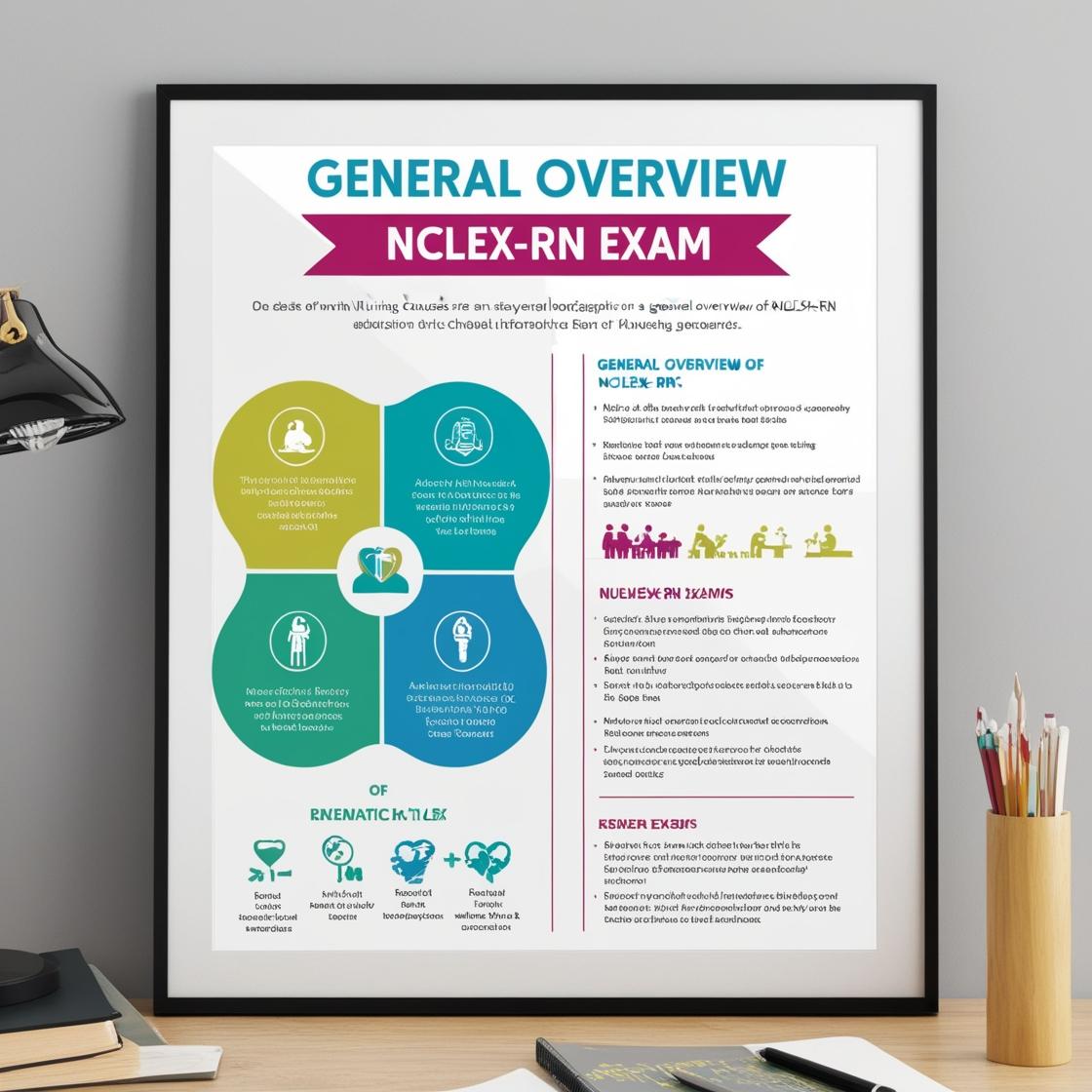NCLEX NCLEX-RN
Psychosocial Integrity NCLEX Questions Quizlet
1. An ambulatory client reports edema during the day in his feet and an ankle that disappears while sleeping at night. What is the most appropriate follow-up question for the nurse to ask?
- A. Have you had a recent heart attack?
- B. Do you become short of breath during your normal daily activities?
- C. How many pillows do you use at night to sleep comfortably?
- D. Do you smoke?
Correct answer: B
Rationale: The correct answer is asking about shortness of breath during normal daily activities because these symptoms suggest right-sided heart failure, leading to increased pressure in the systemic venous system. This pressure causes fluid to shift into the interstitial spaces, resulting in edema. In an ambulatory patient, lower extremities are typically affected first due to gravity. By asking about shortness of breath, the nurse can gather information to confirm the nursing diagnosis of activity intolerance and fluid volume excess, both associated with right-sided heart failure. The other choices are less relevant in this context and do not directly address the client's presenting symptoms.
2. The emergency room nurse admits a child who experienced a seizure at school. The father comments that this is the first occurrence and denies any family history of epilepsy. What is the best response by the nurse?
- A. Do not worry. Epilepsy can be treated with medications.
- B. The seizure may or may not mean your child has epilepsy.
- C. Since this was the first convulsion, it may not happen again.
- D. Long-term treatment will prevent future seizures.
Correct answer: B
Rationale: The correct response is, 'The seizure may or may not mean your child has epilepsy.' There are various potential causes for a childhood seizure, such as fever, central nervous system conditions, trauma, metabolic alterations, and idiopathic reasons. It's essential not to jump to conclusions about epilepsy based on one seizure. Options A, C, and D provide premature or inaccurate information. Option A may give false reassurance without proper evaluation, option C assumes one seizure guarantees no recurrence, and option D oversimplifies treatment outcomes.
3. At a senior citizens meeting, a healthcare professional talks with a client who has Type 1 diabetes mellitus. Which statement by the client during the conversation is most predictive of a potential for impaired skin integrity?
- A. ''I give myself insulin injections in my thighs.''
- B. ''Sometimes when I put my shoes on, I don't know where my toes are.''
- C. ''Here are my glucose readings that I noted on my calendar.''
- D. ''If I bathe more than once a week, my skin feels too dry.''
Correct answer: B
Rationale: The correct answer is when the client states, ''Sometimes when I put my shoes on, I don't know where my toes are.'' This statement indicates peripheral neuropathy, which can lead to a lack of sensation in the lower extremities. When clients are unable to feel pressure or pain in their feet, they are at a high risk for skin impairment, such as cuts, wounds, or ulcers. Option A is not directly related to impaired skin integrity, as self-administering insulin in the thighs does not pose a direct risk to skin integrity. Option C shows good glucose monitoring, which is important but does not directly indicate impaired skin integrity. Option D suggests dry skin due to infrequent bathing, which is more related to general skin care and not as predictive of impaired skin integrity as the statement in Option B.
4. During a discussion about glaucoma at the community center, which comment by one of the retirees would the nurse give a supportive comment to reinforce correct information?
- A. ''I usually avoid driving at night since lights sometimes seem to make things blur.''
- B. ''I take half of the usual dose for my sinuses to maintain my blood pressure.''
- C. ''I have to sit at the side of the pool with the grandchildren since I can't swim with this eye problem.''
- D. ''I take extra fiber and drink lots of water to avoid getting constipated.''
Correct answer: D
Rationale: The correct answer is ''I take extra fiber and drink lots of water to avoid getting constipated.'' In individuals with glaucoma, activities that involve straining, such as constipation, should be avoided as they can increase intraocular pressure. Choices A, B, and C are incorrect as they do not align with the management of glaucoma. Driving at night or taking sinus medication are not directly related to glaucoma, and sitting by the pool due to an eye problem does not provide information relevant to managing glaucoma.
5. The mother of a 5-month-old is being educated about her baby's nutrition by the nurse. Which statement by the mother indicates the need for further teaching?
- A. ''I'm going to try feeding my baby some rice cereal.''
- B. ''When he wakes at night for a bottle, I feed him.''
- C. ''I dip his pacifier in honey so he'll take it.''
- D. ''I keep formula in the refrigerator for 24 hours.''
Correct answer: C
Rationale: The correct answer is ''I dip his pacifier in honey so he'll take it.'' This statement indicates a need for further teaching because honey should be avoided in infants due to the risk of infant botulism. Honey may contain spores of Clostridium botulinum, which can lead to serious illness in infants as they lack the necessary digestive enzymes to eliminate the spores. Feeding rice cereal, responding to night-time feedings, and storing formula in the refrigerator are appropriate practices for infant care, indicating understanding of the instructions.

Access More Features
NCLEX RN Basic
$69.99/ 30 days
- 5,000 Questions with answers
- Comprehensive NCLEX coverage
- 30 days access
NCLEX RN Premium
$149.99/ 90 days
- 5,000 Questions with answers
- Comprehensive NCLEX coverage
- 90 days access
